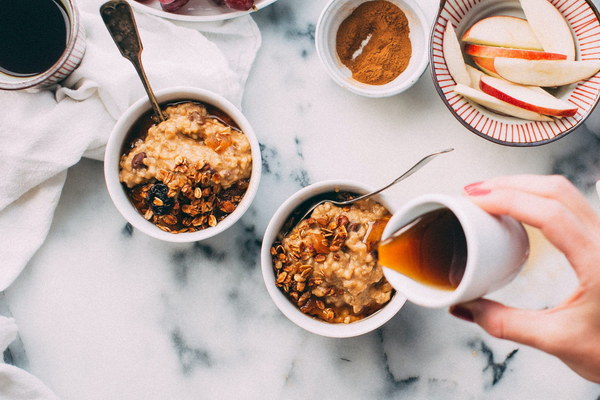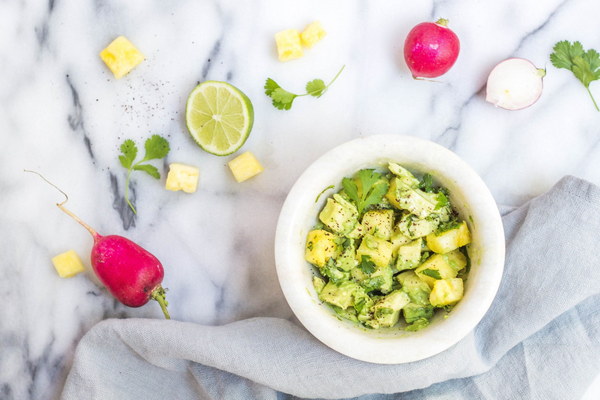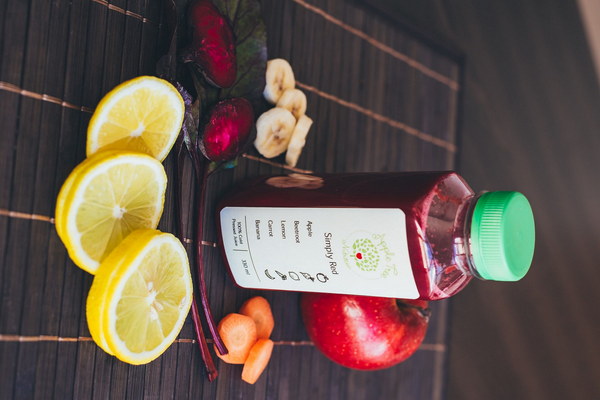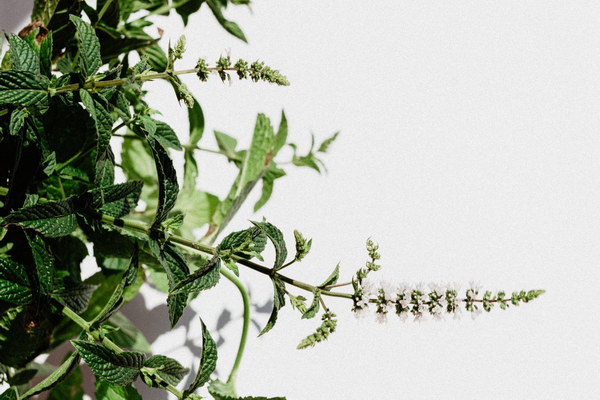Top 5 Herbal Teas for Nourishing Yin and Lung Health Which One is Best for You
In the pursuit of maintaining a balanced body and mind, many turn to natural remedies for health and wellness. One such practice is the use of herbal teas to nourish the Yin and Lung, two vital elements in traditional Chinese medicine. These teas are believed to provide a host of benefits, from boosting respiratory health to enhancing overall vitality. But with so many options available, which herbal teas are truly the best for this purpose? Here, we explore the top five herbal teas known for their ability to nourish Yin and Lung, and help you determine which one might be best for you.
1. Schisandra Tea (Wu Wei Zi)
Schisandra tea, derived from the berries of the Schisandra chinensis plant, is renowned for its adaptogenic properties. It's believed to strengthen the body's resistance to stress, while also nourishing the Lung and Yin. This tea is especially beneficial for those suffering from fatigue, weakness, or respiratory issues.
How to Prepare:
- Boil 1-2 tablespoons of dried schisandra berries in 1 cup of water for 15-20 minutes.
- Strain and enjoy the tea, possibly with a touch of honey or lemon.
2. Goji Berry Tea (Gou Qi Zi)
Goji berries are a popular superfood, and their tea form is no exception. This sweet, slightly tart tea is rich in antioxidants and vitamins, making it an excellent choice for nourishing the Yin and Lung. It's also known to support the immune system and improve vision.
How to Prepare:
- Soak 1-2 tablespoons of goji berries in hot water for 10-15 minutes.
- Strain and drink the tea, or blend the goji berries into a smoothie for added benefits.
3. Lung Qi Tea (Fei Qi)
Lung Qi tea is a blend of several herbs that work together to support lung health. It often includes ingredients like astragalus, codonopsis, and peony root, which are known for their immune-boosting and respiratory-supporting properties.
How to Prepare:

- Follow the package instructions for Lung Qi tea blends, which usually involve steeping the tea for 3-5 minutes.
4. Mulberry Leaf Tea (Sang Shen)
Mulberry leaves have been used in traditional Chinese medicine for centuries. The tea made from these leaves is believed to nourish the Lung and Yin, and is often recommended for those with dry coughs, sore throats, or other respiratory discomforts.
How to Prepare:
- Steep 1-2 tablespoons of mulberry leaves in 1 cup of boiling water for 5-10 minutes.
- Strain and drink the tea, or add a few leaves to a pot of herbal tea for added benefits.
5. Peony Tea (Shan Yao)
Peony root tea is another excellent choice for those looking to nourish the Yin and Lung. It's known for its cooling properties, making it a good option for those with hot flashes, night sweats, or other symptoms of Yin deficiency.
How to Prepare:
- Boil 1-2 tablespoons of dried peony root in 1 cup of water for 20-30 minutes.
- Strain and let the tea cool before drinking.
When choosing the best herbal tea for nourishing Yin and Lung, consider your specific health needs and preferences. For instance, if you're looking for a tea that can help with stress and fatigue, Schisandra tea might be your best bet. If you're interested in a tea that's also good for your immune system, goji berry tea could be the way to go.
Remember, while herbal teas can be a wonderful complement to a healthy lifestyle, they are not a substitute for medical treatment. Always consult with a healthcare professional before making significant changes to your diet or treatment plan. With the right herbal tea, you can take a sip of tradition and enjoy the potential health benefits that have been cherished for centuries.









